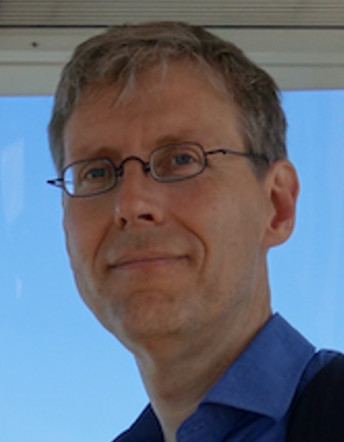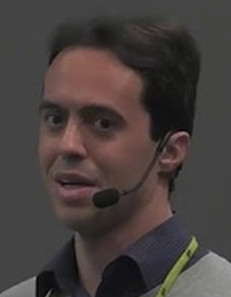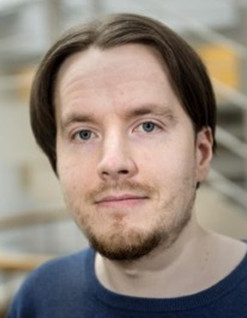Description
This tutorial provides an overview of recent, cutting-edge research and standardization activities on lightweight solutions for end-to-end secure communication, especially suitable for the Internet of Things (IoT). After going through the IETF standards CoAP and OSCORE as main building blocks for message exchange and end-to-end security, this tutorial focuses on the related key establishment procedures supporting end-to-end secure communication. In particular, the following novel security solutions will be presented. First, the EDHOC authentication and key establishment protocol, with the main use case the ephemeral Diffie-Hellman based establishment of keying material for OSCORE, and together with its optimization-oriented profiling for CoAP and OSCORE. Second, the KUDOS key update protocol, which enables the efficient and lightweight update of current OSCORE keying material. This tutorial also takes care of positioning the presented topics in the remit of the related standardization activities within the Internet Engineering Task Force (IETF), in its Working Groups “Lightweight Authenticated Key Exchange” (LAKE) and “Constrained RESTful Environments” (CoRE).
Chairs
Dr. Göran Selander, Ericsson

Göran Selander is a Principal Researcher at Ericsson with over 20 years’ experience in security research and standardization. The last 10 years he has been focusing on security for cyber-physical systems and lightweight security protocols. He has been active in various security fields and standardization bodies including the IETF, GlobalPlatform and Open Mobile Alliance. Göran received a Ph.D. in Mathematics from the Royal Institute of Technology, Stockholm (Sweden) in 1999.
Dr. Marco Tiloca, RISE Research Institutes of Sweden

Marco Tiloca received the Bachelor’s Degree and the Master’s Degree (cum laude) in Computer Engineering from the University of Pisa (Italy), in 2006 and 2009, respectively. He received the Ph.D. Degree in Computer Engineering from the University of Pisa in 2013, with a focus on network and communication security in Wireless Sensor Networks. Currently, he is a Senior Researcher at the Cybersecurity Unit of RISE Research Institutes of Sweden in Stockholm (Sweden), where he was a Postdoctoral Research Fellow under the Alain Bensoussan/Marie Curie Fellowship Programme between 2013 and 2015. His research interests are in the field of network and communication security and include security in the Internet of Things, secure group communication, access control, and key management. He has long-term experience in national and international research projects, with the role of Work Package leader and of Technical Coordinator. Marco is actively involved in standardization activities under the Internet Engineering Task Force (IETF), especially in the Working Groups CoRE, ACE and LAKE. In particular, he is serving as Chair of the IETF Working Group CoRE, and as reviewer in the IETF Internet of Things Directorate and in the IETF Application and Real Time (ART) Area Review Team.
Dr. Rikard Höglund, RISE Research Institutes of Sweden

Rikard Höglund is a Researcher at the Cybersecurity Unit of RISE in Stockholm (Sweden), where he has been working since 2014. He received a Bachelor’s Degree in Computer Science from Dalarna University in Borlänge (Sweden) and a Master’s Degree in Information and Communication Technology at the KTH Royal Institute of Technology in Stockholm (Sweden) in 2015. His studies focused on secure programming, networking and cyber security. He performed his Master’s Thesis project at SICS Swedish ICT, now part of RISE, and subsequently joined as Researcher in the Security Lab, where he has been working since then. Rikard works especially in research areas concerning IoT security, computer networking and communication protocols. He has been actively involved in the implementation and experimental evaluation of IoT security and communication protocols, as well as in prototype development and their integration into larger software releases. Rikard has contributed as designer and developer of security services in a number of industrial direct assignments as well as research projects, including the Swedish VINNOVA project “Secure Group Communication for the IoT”, the Celtic-Next European project CRITISEC, the EIT-Digital High Impact Initiative ACTIVE and the EU FP7 project SEGRID. Rikard is an official contributor to the Eclipse Foundation, in particular for the Open Source Software libraries Californium and Leshan.


